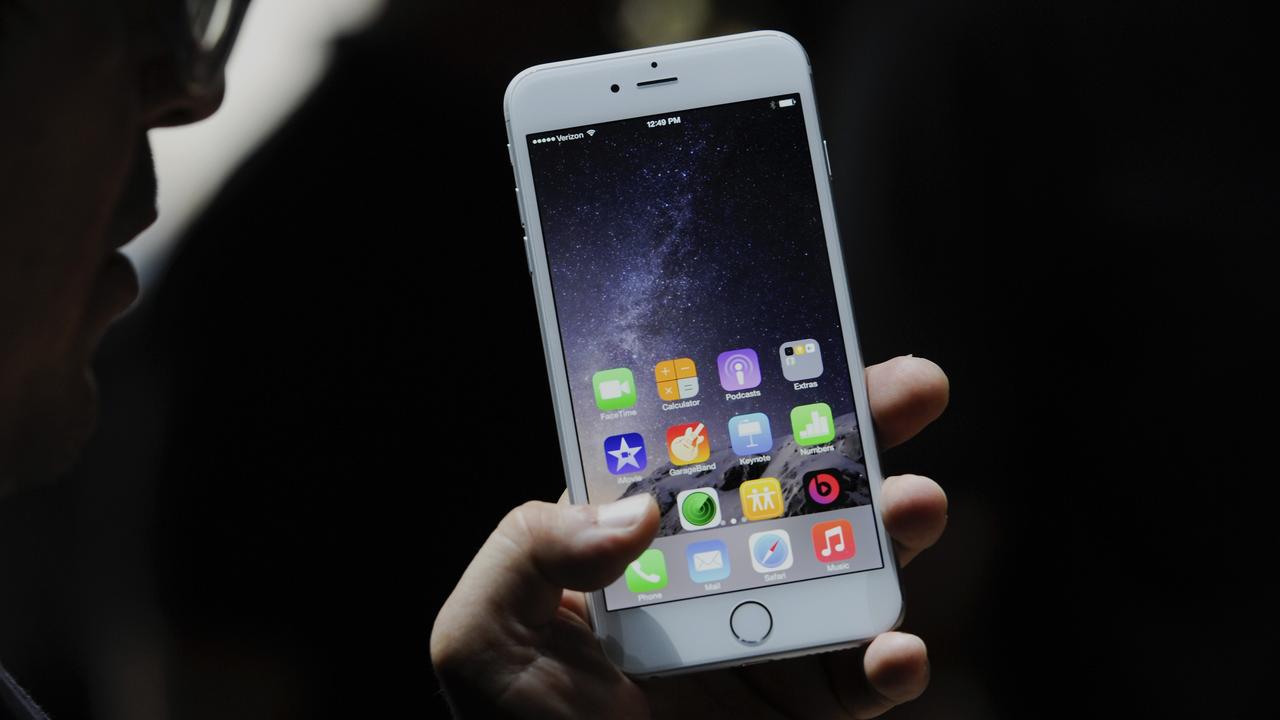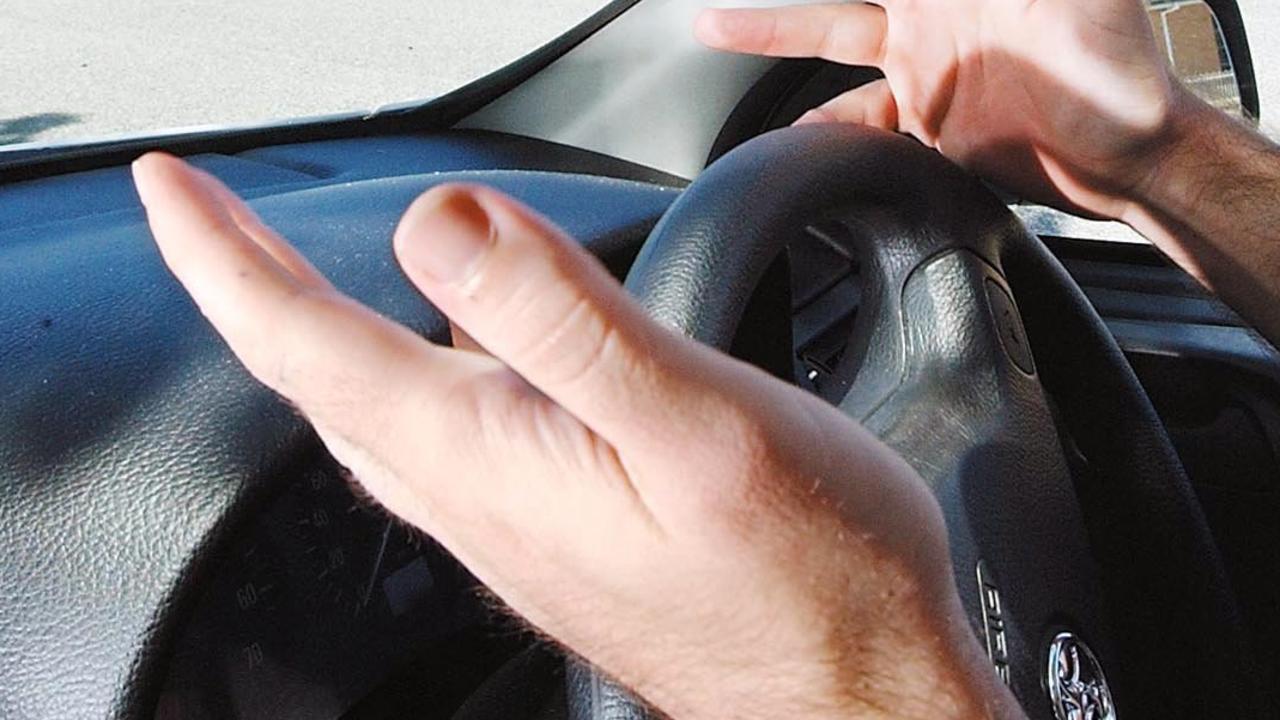Security experts have raised alarm over the vulnerability of older iPhone models, warning users with “outdated” tech are now more vulnerable to cyberattacks.
This is because smartphones manufactured between 2008 and 2014 no longer receive the crucial software updates needed to protect users from malware and other exploits.
The unsupported iPhones range from the original model up to the 6 Plus, with new models continually being added to the obsolete list as Apple continues to pump out newer models.
Apple has never shied away from the forced obsolescence debate and even announced that the latest iPhone 15 series will be deemed obsolete by 2030.
Apple’s customer service has stated that “service providers cannot order parts for obsolete products”, effectively leaving these devices without support after a few short years.
Jake Moore, a global cybersecurity adviser at ESE, said hackers are specifically targeting older tech because of their outdated security.
“Older iPhones still remain in circulation and once a vulnerability is located, it can rapidly be exploited by attackers targeting unpatched devices,” he told Forbes.
“If people are using iPhones that are out of patch warranty, they should consider replacing them with a newer, more secure device.”
Moore even suggested that users should dispose of these outdated devices entirely to cut their risk to zero.
For those still clinging to their iPhone 6 Plus, repairs will be challenging, with Apple now ceasing the production of replacement parts.
The obsolete list also includes models from the iPhone 3, iPhone 4, and iPhone 5 families.
‘Creepy’ setting turned on iPhones in software update
A new setting was automatically turned on iPhones across the world in Apple’s latest software update.
The setting, ‘Discoverable by Others’, can be found under ‘Journalling Suggestions’ in an iPhone’s privacy and security settings.
Journalling Suggestions goes hand-in-hand with the new Journal app, released as a part of iOS 17.2 in December last year.
If an iPhone user turns the feature on, Apple explains it uses historical data stored on their phone – such as music, photos, workouts, who they have called or texted, and significant locations – to give them suggestions of what moments to write about in the Journal app.
However, even if you don’t turn on Journalling Suggestions, the ‘Discoverable by Others’ feature is enabled by default. This is also the case if you have deleted the Journal app.
Joanna Stern, senior personal technology columnist at The Wall Street Journal, says it’s not as scary as it sounds – but suggests you might want to turn it off anyway.
Stern decided to look into the feature, which was creating a stir online, and was told by Apple the phone can use Bluetooth to detect devices nearby in your contacts, without storing which of these specific contacts were around, and use this as context to improve Journalling Suggestions.
Apple denied it was sharing users’ names and locations with others as some people have claimed on social media.






